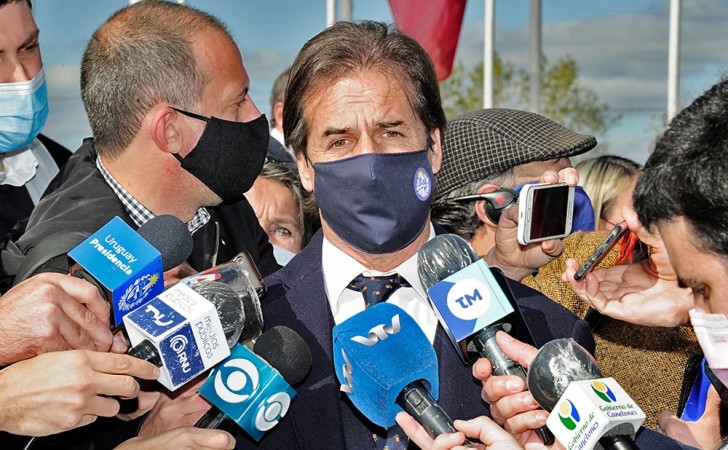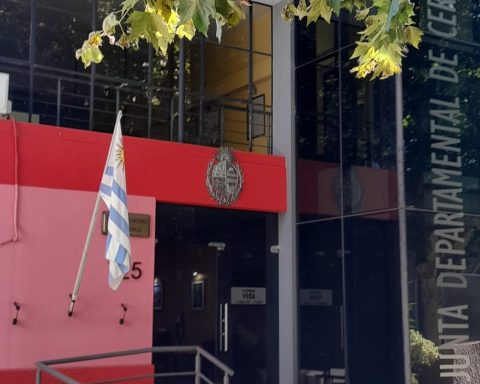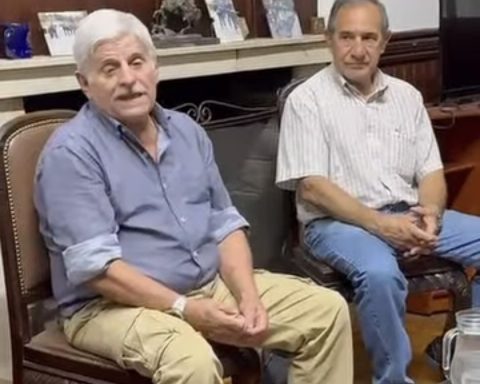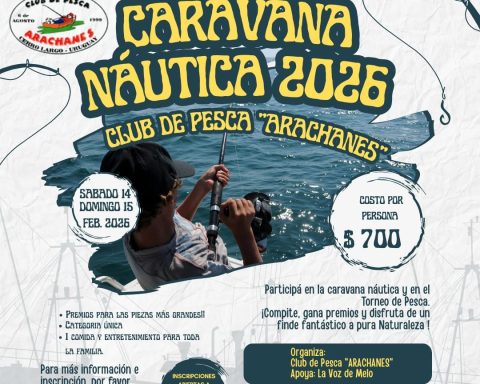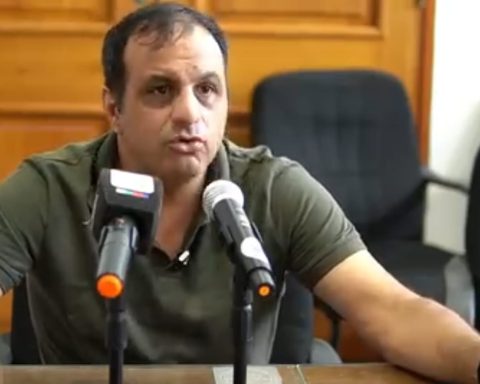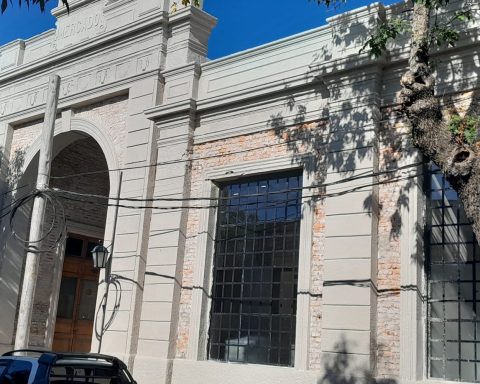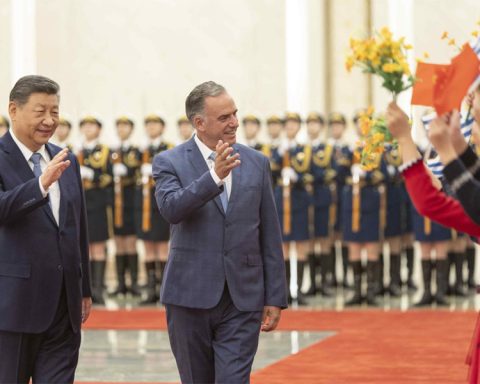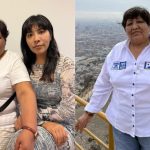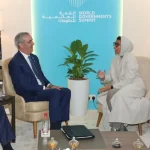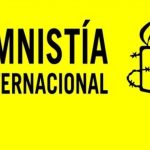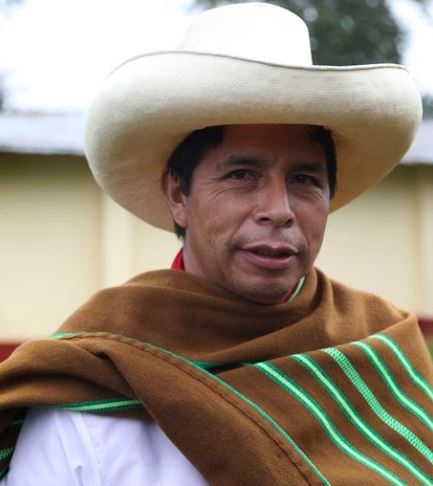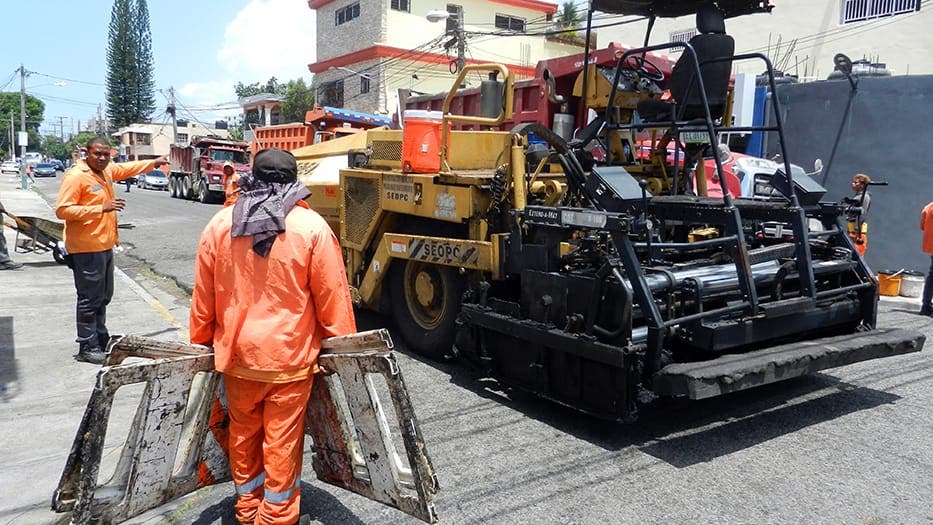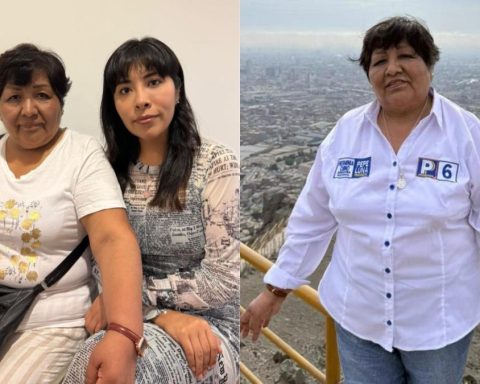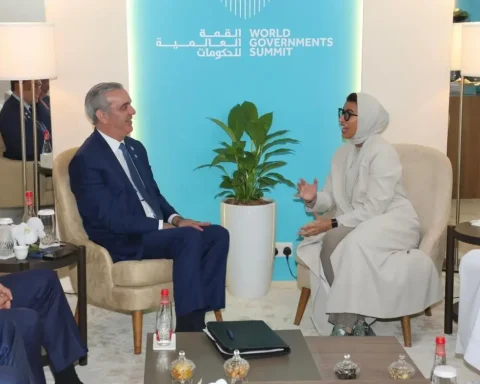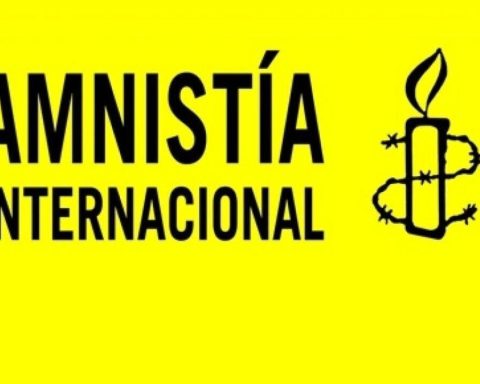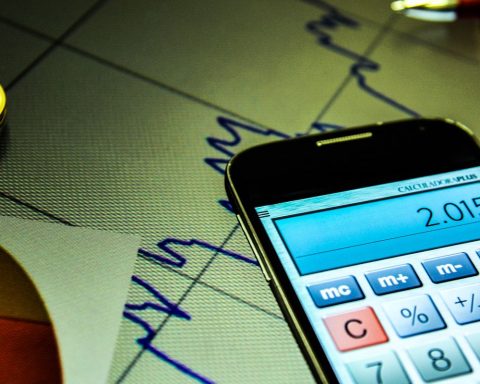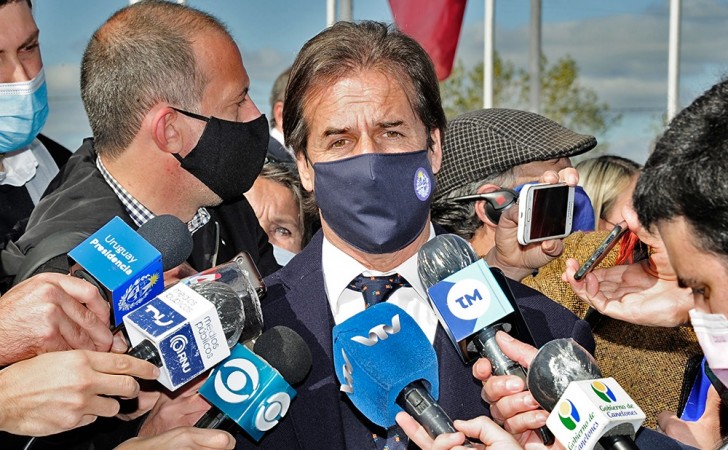
President Luis Lacalle Pou took advantage of the space in the BBC interview conducted by the journalist Stephen Sackur, to insist once again that press freedom in Uruguay is not threatened, despite criticism from local organizations and international warnings about it.
At the beginning of May, Reporters Without Borders, an international NGO that analyzes press freedom around the world, demoted Uruguay 26 places in its ranking from 2021 to 2022. This year, our country was ranked 44th, being a year before in 18.
RSF highlights that there have been cases of political pressure against journalists in recent years, including those covering sensitive issues involving “members of the presidency of the Republic.”
Center for Archives and Access to Public Information (Cainfo) has seen a similar scenario: in a monitoring presented in April claimed to have recorded 69 threats and restrictions on the freedom of expression of journalists, which represents an increase of 40% over the previous year and averages one episode per week.
“The report includes the updating of the methodology and indicators of the Southern Voices Network, an alliance of civil society organizations that defend freedom of expression. For the first time, the document is accompanied by two thematic annexes, one on the differentiated impact of threats to the freedom of expression of women journalists and the situation of access to public information in light of recent legal reforms”, explains Cainfo , and adds that 12 common indicators are reviewed.
“I do not respect that institution”
Regarding Cainfo’s assertions about setbacks to freedom of the press, Lacalle Pou said that they are not true and that “he does not know why” the organization says these things.
“Are they lying about you?” Sackur asked. “Some, it may be. I wouldn’t call it a lie, we have a different opinion, but you have to try those things. We are one of the strongest democracies in the world,” the right-wing president replied.
Then, the communicator mentioned that there is also the position of Reporters Without Borders, which he defined as “highly respected.” “Do not you know that? I don’t respect that institution,” Lacalle replied, adding: “We are under Afghanistan, I don’t know… People in our country, free journalists, criticized that report. I don’t respect it. That’s basically a lie.”
Cainfo came out to respond to these assertions made in the interview in an editorial entitled “The lie and the president.”
“When the journalist insists on the reasons that Cainfo may have to maintain that, and if the organization is “lying” about it, Lacalle replies: ‘Some may be. I wouldn’t call it a lie, we have a different opinion, but you have to try those things,’” the editorial reads.
And it adds: “The annual report carried out by Cainfo applies a methodology agreed upon by 14 freedom of expression organizations in the region, gathered in the Red Voces del Sur. The explanation is included in the document, which can be freely consulted on the internet. It reflects the situation in the course of the year prior to May 3, based on 12 indicators established after a laborious process carried out in conjunction with UNESCO.
“The aforementioned document accounts for 69 cases of threats or restrictions on the freedom of expression of journalists in the country, although after its publication a new civil lawsuit for 451 thousand dollars by a former official of the current government against La Daily. Each of these cases is proven, as the president claims in the interview, and Cainfo makes itself available to the authorities to carry out a detailed check of each of the indicated episodes, ”continues Cainfo in his response to the president.
“In democratic societies, therefore, the role of states and governments is to guarantee the existence of an open and pluralist civic space that enables these discussions, and promotes debate, disagreement and dissent,” says Cainfo in its position that It is much broader and can be read in its entirety. on your website.
